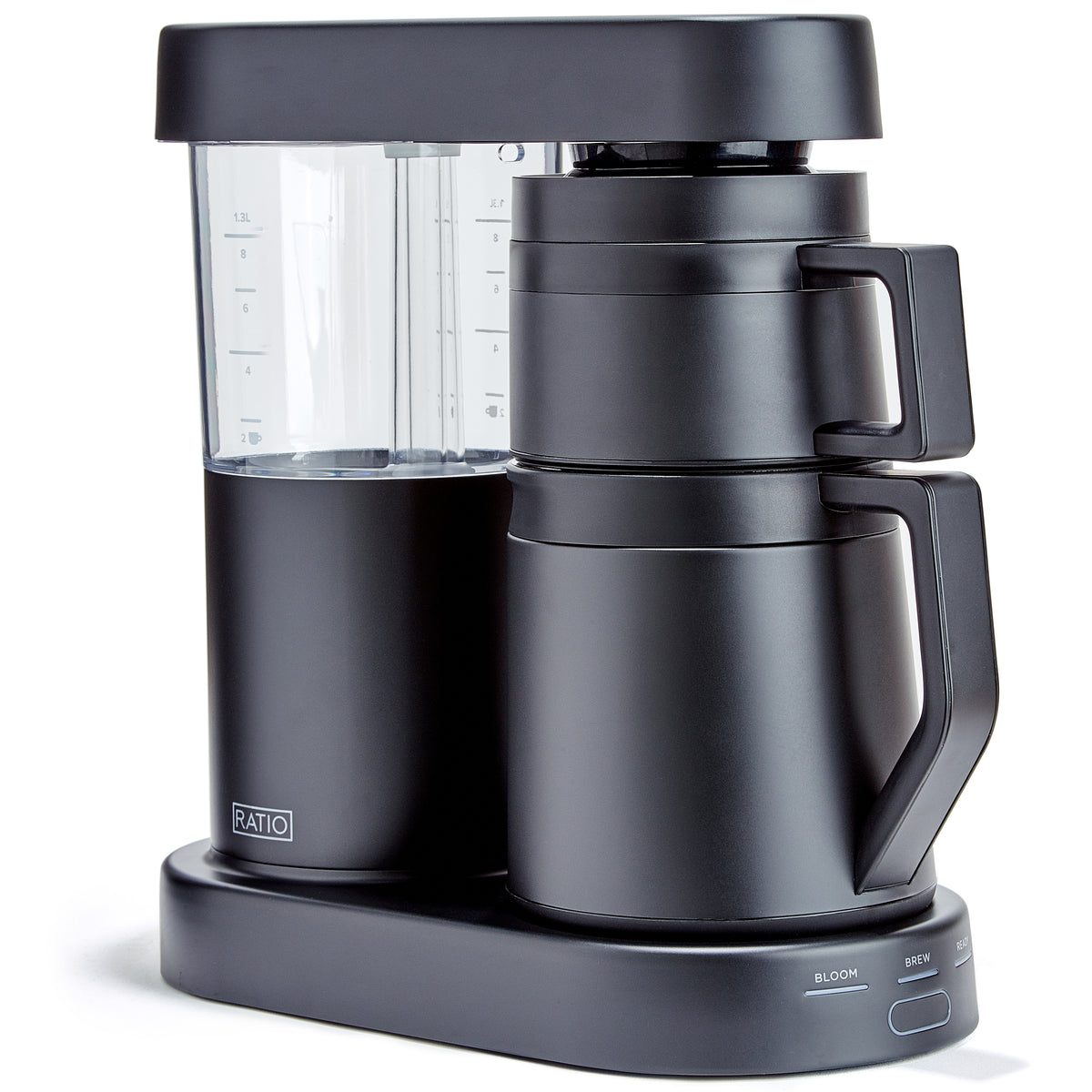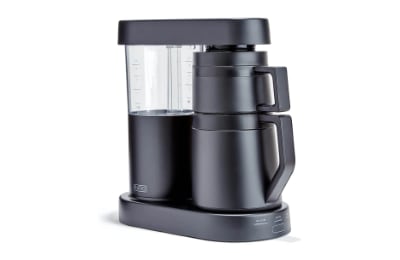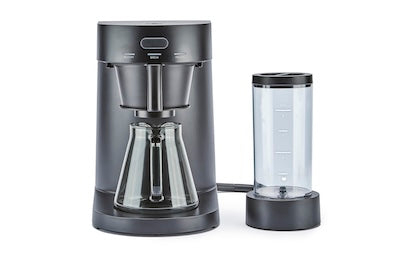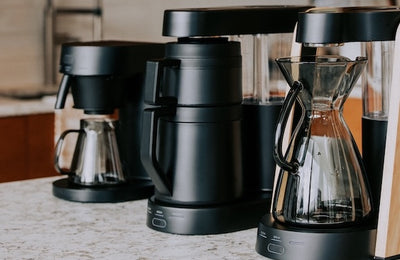Understanding Caffeine Sensitivity: Why Coffee Affects Us Differently
Every sip of coffee you enjoy carries with it a unique experience, influenced by the fascinating world of caffeine sensitivity. This variance is why the same cup invigorates some while making others anxious. Genetics, metabolism, and overall health culminate in how your body processes caffeine. With caffeine side effects manifesting differently, some may experience sleeplessness or jitters, while others might handle coffee like a breeze. You might wonder, is caffeine bad for you? It's a question best answered personally, acknowledging that for some, it could trigger headaches or digestive discomfort, while others reap the stimulating benefits without qualms. Each response is a testament to our individual caffeine sensitivity, explaining why coffee affects us all differently.

What is Caffeine Sensitivity
Caffeine sensitivity is your body's particular way of processing caffeine, the active compound in coffee and other beverages. It involves how quickly or slowly caffeine is metabolized, dictating your unique reactions. Think of caffeine sensitivity as a revolving door. Just like this mechanism, it works because it lets in different speeds of entry and exit, much like how caffeine moves through our systems at different rates.
For some, even a small amount of caffeine can trigger side effects such as restlessness or an elevated heart rate. The question often arises: is caffeine bad for you? While the stimulating effects are commonly sought, those with heightened sensitivity may find it challenging, experiencing discomfort or unease from even modest consumption.
Caffeine and headaches might be connected for some people, as it can either provide relief or be a trigger, depending on one's sensitivity. Genetic factors play a significant role here, influencing the enzyme production that breaks down caffeine, hence diverging individual reactions.
Understanding caffeine sensitivity involves recognizing that there is no one-size-fits-all answer. It’s a personal journey, shaped by your body’s unique response to caffeine, pointing to why your friend's morning coffee ritual may not sit well with you.
How Caffeine Affects the Body
When you consume caffeine, it acts as a stimulant that targets your central nervous system. It blocks adenosine receptors, which typically promote sleep, causing you to feel more awake and alert. This could be an invigorating start to your day. Yet, caffeine side effects can tail along, such as increased heart rate or digestive issues, depending on how your body uniquely processes it.
Your body's reaction to caffeine doesn't stop at increased alertness. It can also influence your mood, stamina, and even trigger headaches in some individuals. This dual nature of caffeine may lead you to wonder: is caffeine bad for you? The answer requires personal insight, as the stimulating benefits might outweigh the adverse effects for some but not for others.
Looking ahead, our understanding of caffeine's impact on different bodies is expected to evolve. Advancements in nutritional science may further clarify the genetic factors influencing caffeine sensitivity. This growing insight will guide more personalized approaches to caffeine consumption, allowing you to better navigate how it interacts with your body and daily well-being.

Factors Affecting Individual Responses to Caffeine
Genetics play a significant role in how your body responds to caffeine. Variations in genes affect how efficiently your body metabolizes caffeine, potentially leading to heightened sensitivity. For some, this means caffeine side effects like insomnia or jitteriness arise more intensely, while others drink without concern. It's these genetic differences that make you wonder: is caffeine bad for you or merely part of your enhanced receptivity?
Your lifestyle also affects caffeine's impact. If you're accustomed to consuming caffeine regularly, your body may develop a tolerance, requiring increased amounts for the same effect. On the other hand, infrequent consumption could result in a more pronounced response, including jitteriness or anxiety. Balancing your intake helps mitigate such pronounced shifts and manage caffeine and headaches.
In the next few years, the intersection of genetics and personalized medicine is likely to provide deeper insights into individual caffeine responses. As personalized nutrition becomes more prevalent, you might have tailored recommendations on caffeine consumption to optimize health and well-being. Understanding these factors can help you shape your relationship with caffeine, ensuring it aligns with your body's unique needs.

The Role of Tolerance in Caffeine Sensitivity
Caffeine tolerance is a fascinating aspect that influences your sensitivity to coffee. When you regularly consume caffeine, your body adjusts by increasing the number of adenosine receptors, decreasing its stimulatory effect. This is why regular coffee drinkers might require more to feel the same alertness or energy, posing the question, is caffeine bad for you if it leads to increased consumption?
As you build tolerance, the immediate effects of caffeine can diminish, seemingly allowing for larger or more frequent doses without adverse reactions. However, when suddenly reducing intake, withdrawal symptoms like fatigue, irritability, or caffeine and headaches might surface, revealing the hidden depth of your body's adaptation.
Looking at caffeine tolerance through the lens of adaptability, we can see that your body is remarkably responsive to continual caffeine exposure. Understanding this unique perspective, you can better manage your caffeine consumption, balancing habit and sensitivity to optimize its benefits while minimizing unease.

Managing Caffeine Sensitivity
Successfully managing caffeine sensitivity involves understanding and listening to your body’s specific reactions. If caffeine side effects such as nervousness or difficulty sleeping occur, consider adjusting your consumption habits. Reducing intake or choosing beverages with lower caffeine content can help in moderating sensitivity. Recognizing the potential link between caffeine and headaches also enables you to identify and avoid your personal triggers.
Adjusting your caffeine consumption isn't just about cutting back indiscriminately. It’s about being mindful of the dosage and timing that suits you. The current state of caffeine consumption shows a trend towards personalized approaches, where more people are experimenting with alternative options and timing to lessen adverse effects. This allows you to continue enjoying caffeine’s benefits without compromising comfort.
Exploring alternatives like herbal teas or decaffeinated options presents a viable solution for maintaining your daily ritual without overstimulation. Understanding these choices empowers you to tailor your caffeine habits to your body's needs, providing a customized balance that supports well-being and aligns with your lifestyle.
 Ratio Eight
Ratio Eight
 Ratio Six
Ratio Six
 Ratio Four
Ratio Four
 Compare Machines
Compare Machines







